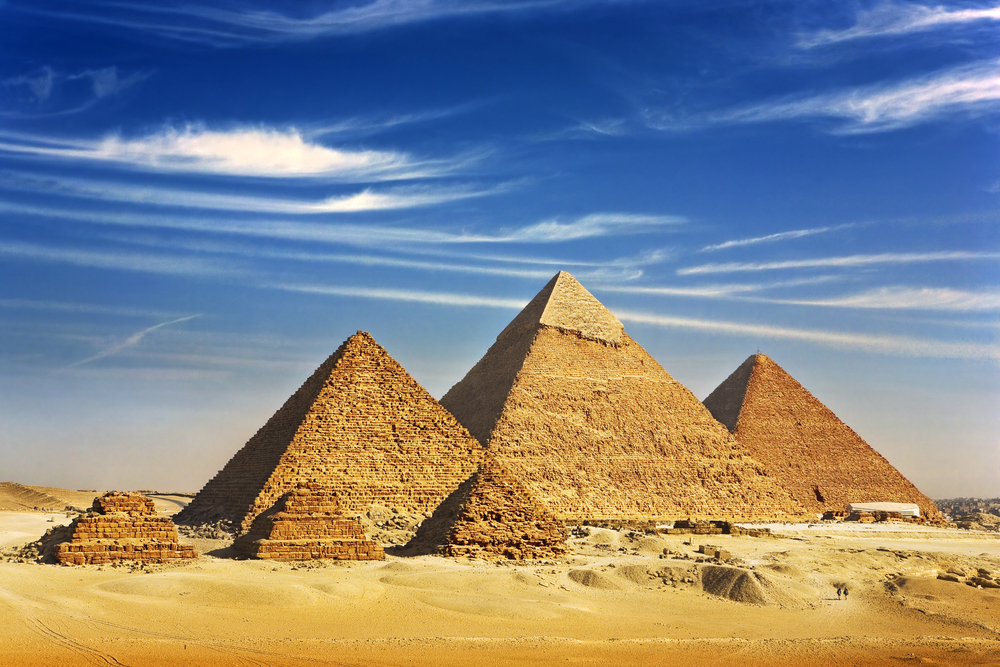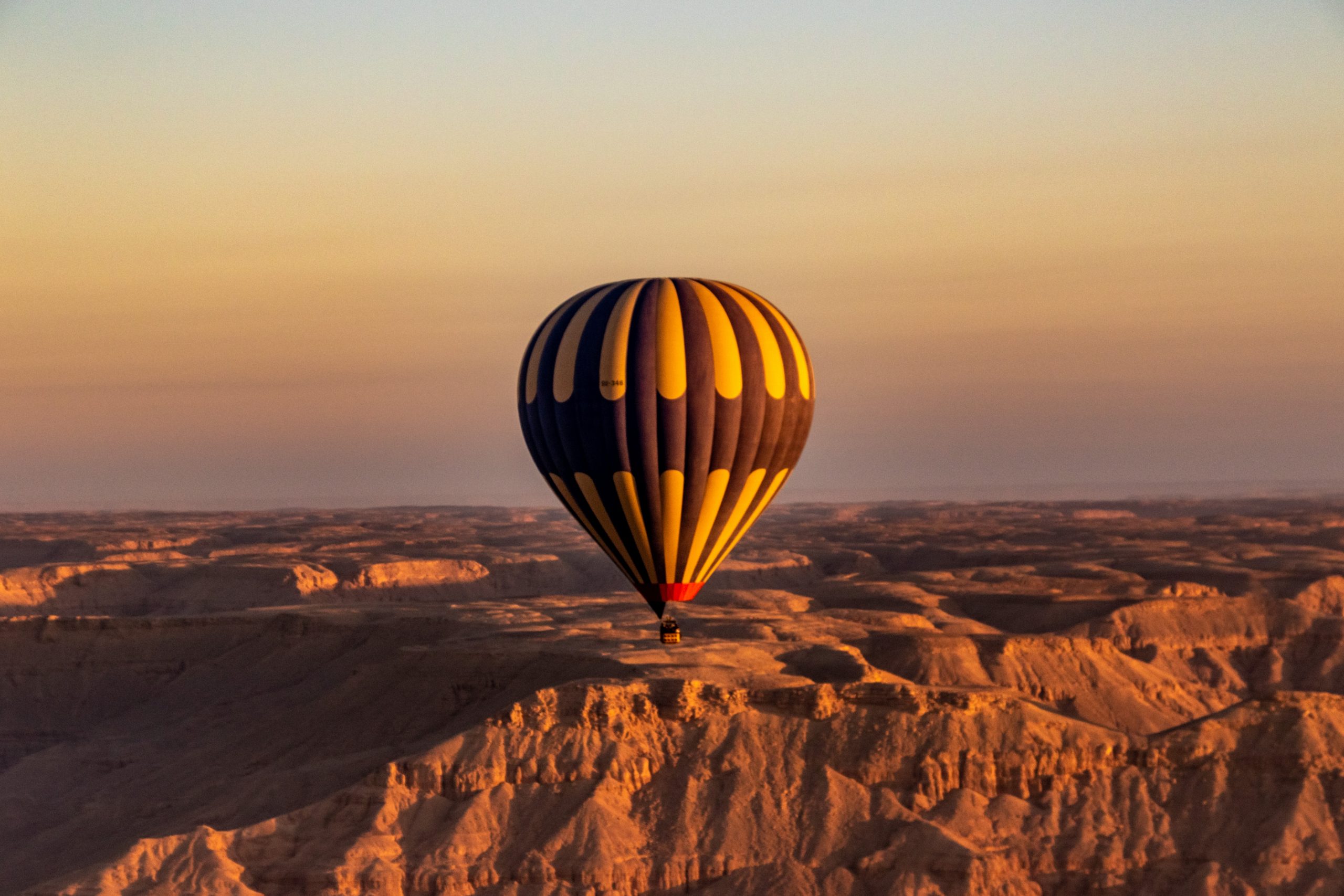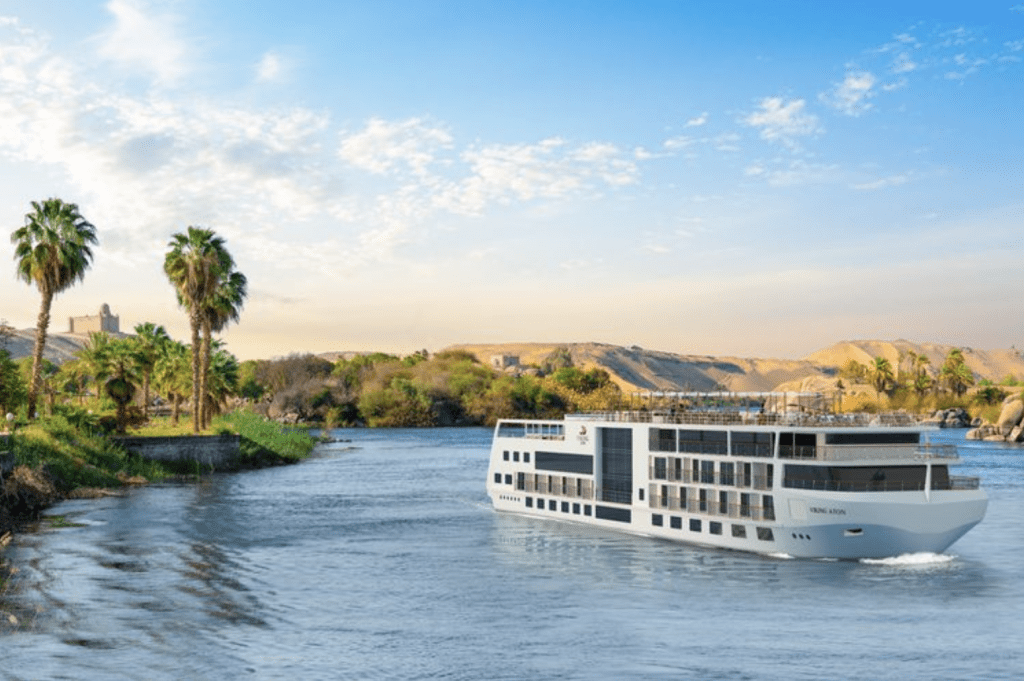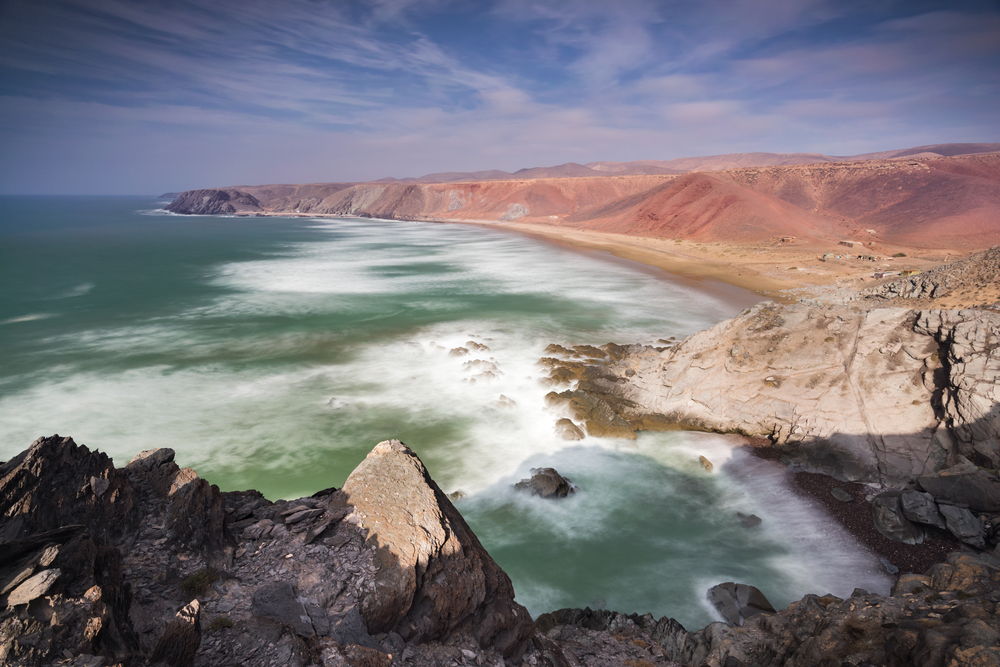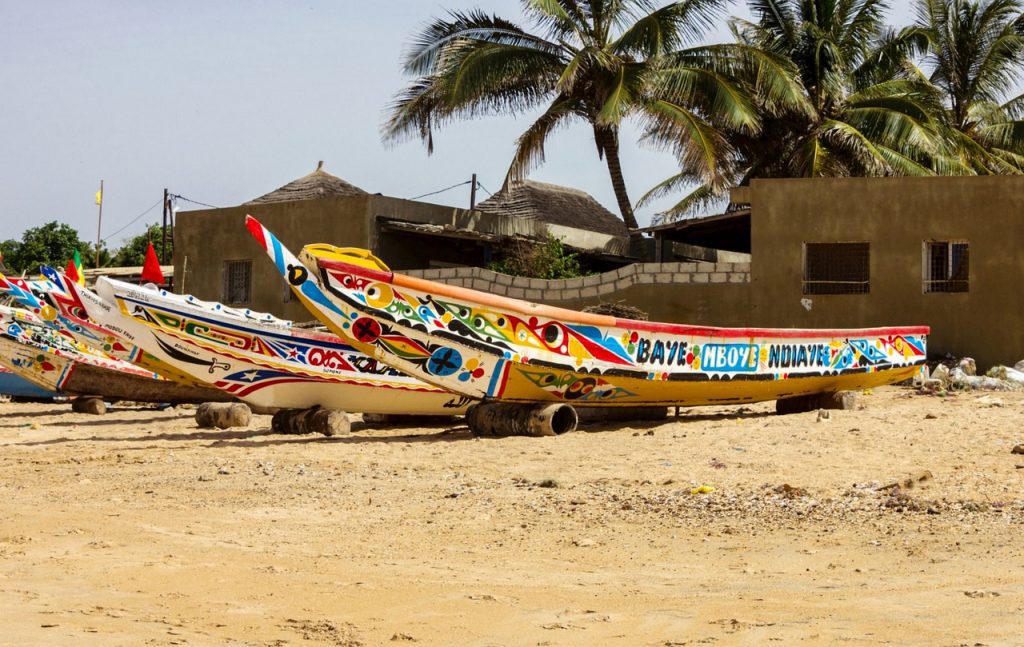Egypt, a land of ancient wonders and vibrant culture, offers travelers a journey through time like no other. But deciding the best time to visit Egypt requires careful consideration of various factors.
From weather and crowds to cultural events and wilderness experiences, let’s explore the key aspects that will help you determine the best time for your Egyptian adventure.
Visiting Egypt based on the Weather
Egypt’s weather varies significantly throughout the year. The prime time to visit, especially for comfortable temperatures, is during the cooler months of October to April, and more specifically the months of December through February.
Egypt has a predominantly desert climate, characterized by hot and dry conditions, with minimal rainfall. Here’s a description of the seasonal weather in Egyptl:
Northern Egypt (Cairo, Alexandria):
- Spring (March to May):
- Spring temperatures range from 59°F (15°C) to 86°F (30°C).
- Spring is a pleasant time to visit with mild temperatures, and it’s a popular tourist season.
- Summer (June to August):
- Summer can be scorching hot, with temperatures soaring from 86°F (30°C) to 104°F (40°C) or higher.
- The summer heat can be oppressive, making outdoor activities uncomfortable. Many people who want to explore the wilderness of the Sahara Desert should consider coming in the spring.
- Autumn (September to November):
- Autumn temperatures range from 77°F (25°C) to 95°F (35°C).
- Autumn offers a gradual cooling from the summer heat, making it a good time for travel.
- Winter (December to February):
- Winter temperatures range from 50°F (10°C) to 68°F (20°C).
- Winter is the coolest and most comfortable season for visiting, especially in the north. For those that have the freedom to travel outside the traditional travel months, this can be a good time to escape to Egypt.
Southern Egypt (Luxor, Aswan):
Southern Egypt experiences even hotter temperatures than the north. The temperature differences are enough to consider when you travel depending on whether you are doing the north, south or a combination of the two.
- Spring (March to May):
- Spring temperatures range from 77°F (25°C) to 104°F (40°C) or higher.
- Spring can be very hot, especially as you move further south.
- Summer (June to August):
- Summer is extremely hot, with temperatures often exceeding 104°F (40°C).
- The summer heat in southern Egypt can be intolerable for many travelers. This is not the ideal time to visit Egypt if you are looking for any outdoor experiences to be a part of your travels.
- Autumn (September to November):
- Autumn temperatures range from 86°F (30°C) to 104°F (40°C) or higher.
- Autumn is still quite hot in the south. You have a better chance of better temperatures if you come towards the end of the season in later October or November.
- Winter (December to February):
- Winter temperatures range from 50°F (10°C) to 77°F (25°C).
- Winter is the most comfortable season for visiting the southern region. For most, this is the best time to visit Egypt based on the weather, particularly if you are exploring the southern part of the country.
Significant factors affecting travel in Egypt include the intense summer heat, which can make outdoor exploration challenging, especially in the southern desert areas. It’s advisable to plan your visit during the milder spring, autumn, or winter months, depending on your tolerance for heat.
Additionally, Egypt experiences minimal rainfall, so it’s generally a dry country with little to no rainy seasons. You will find that the shoulder and winter seasons draw other travelers as well because the summer temperatures are just brutal. This gives you three seasons which could be described as the best time to visit Egypt.
Visiting Egypt based on the Crowds
To enjoy Egypt’s attractions without the crowds, consider visiting during the shoulder seasons of spring (March to May) and fall (September to November). The famous landmarks, such as the Pyramids of Giza and the Sphinx, are more accessible during these months, allowing you to soak in their grandeur with fewer tourists around.
The summer is brutally hot but draws visitors because of the traditional travel season. The winter months are the most comfortable and draw the larger number of visitors who have the freedom to travel at any time.
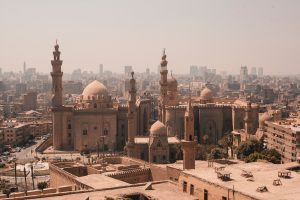 Discovering Egypts Cultural Events
Discovering Egypts Cultural Events
Immersing yourself in Egypt’s rich cultural events can enhance your travel experience. One of the most significant cultural events is the celebration of Ramadan.
Here is a look at some of the annual events that often attract visitors from around the world:
- Abu Simbel Sun Festival: Held twice a year, in February and October, the Abu Simbel Sun Festival is a mesmerizing event at the Abu Simbel temples. During these times, the sunlight illuminates the inner sanctum of the temple, reaching the statue of Ramses II, while the statue of Ptah, the god of darkness, remains in shadow. The phenomenon celebrates Ramses II’s birthday and his ascension to the throne.
- Ramadan: Ramadan is the ninth month of the Islamic lunar calendar and holds great significance for Muslims around the world. While it changes dates each year, experiencing Ramadan in Egypt offers a unique opportunity to witness the local customs and traditions associated with fasting and breaking the fast. The festive atmosphere during Iftar, the evening meal to break the fast, is a highlight.
- Sham el-Nessim: Celebrated on the day following the Coptic Easter, Sham el-Nessim is an ancient Egyptian festival that marks the arrival of spring. It’s a time for picnics, outdoor celebrations, and feasting on traditional foods like colored eggs, feseekh (fermented mullet fish), and green onions.
- Cairo International Film Festival: As one of the oldest and most prestigious film festivals in the Middle East and Africa, the Cairo International Film Festival is an annual event that showcases a diverse selection of films from around the world. It provides a platform for filmmakers and enthusiasts to come together and celebrate the art of cinema.
- Moulid al-Nabi (Eid Milad): This is the celebration of the birthday of the Prophet Muhammad in Islamic culture. The event is marked by processions, music, and festivities, and it’s an opportunity for communities to come together in celebration and devotion.
- Luxor African Film Festival: Held in the city of Luxor, this film festival focuses on African cinema, showcasing the creativity and diversity of filmmaking across the continent. It’s a great opportunity to experience unique perspectives and stories from various African countries.
- Wafaa El-Nil Festival: This festival celebrates the flooding of the Nile River, which was historically a significant event for agricultural communities in Egypt. It’s a time for cultural performances, music, dance, and celebrations along the riverbanks.
Exploring Egypt’s Wilderness Experiences
If you’re seeking wilderness adventures, Egypt’s desert landscapes won’t disappoint. The cooler months are again preferable for activities like camel trekking and exploring the serene beauty of the Sahara Desert.
Winter months are particularly suitable for these excursions, allowing you to embrace the wilderness without the intense heat. You might find that combining a wilderness adventure with a cultural experience makes for a once-in-a-lifetime trip to this magical desitnation.
Other Important Considerations:
- Festivals: Beyond Ramadan, consider Egyptian festivals that might align with your interests. For example, the Abu Simbel Sun Festival in February and October features sunlight illuminating the inner sanctum of the temple, a remarkable sight to behold.
- Nile Cruises: If you plan to take a Nile River cruise, the months of November to March offer pleasant temperatures and a relaxed way to explore the country’s historical sites along the riverbanks.
- Historical Site Maintenance: Some sites might undergo maintenance during certain periods. It’s a good idea to research ahead of time to ensure your desired locations will be open for exploration.
In conclusion, the best time to visit Egypt hinges on your preferences and the experiences you seek. Whether you’re drawn to historical wonders, cultural festivities, or the mystique of the desert, Egypt has something to offer year-round.
Evaluate the factors that matter most to you and get ready to embark on a captivating journey through this land of ancient marvels and modern charm.
Photo Credits:

